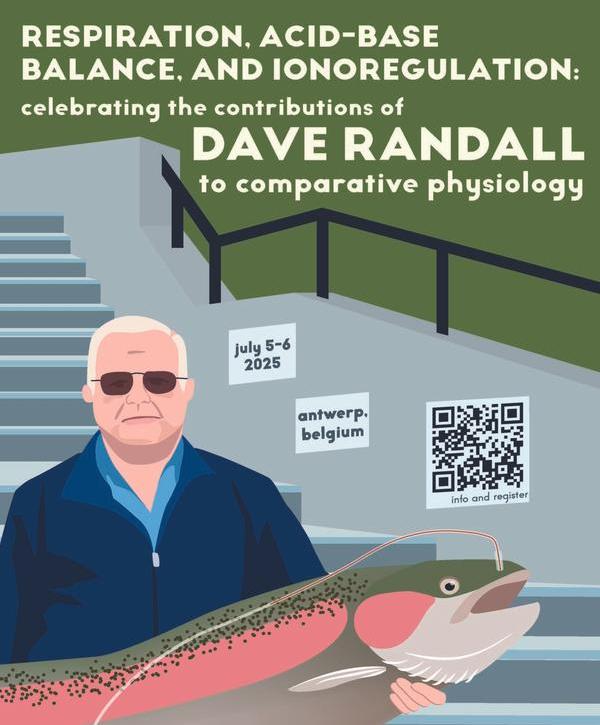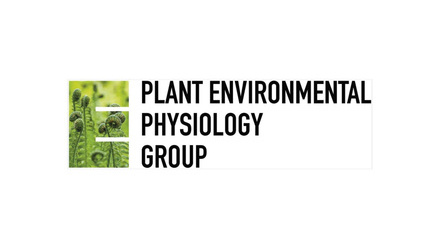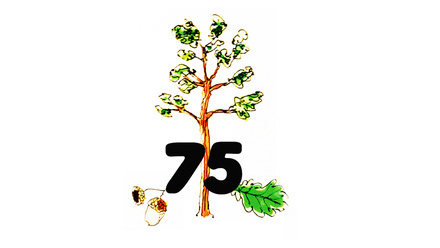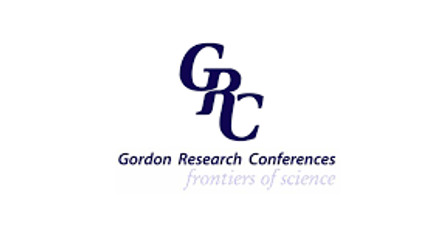
RESPIRATION, ACID-BASE REGULATION, AND IONOREGULATION:
Celebrating the contributions of DAVE RANDALL to Comparative Physiology
Dave Randall, who passed away in 2024, essentially established the modern field of fish physiology. Over a 6-decade career, he made fundamental contributions in the three inter-related areas which are the topics of our two-day meeting. He inspired and mentored multiple generations of comparative physiologists. His trainees, as well as their own subsequent generations of trainees, continue to push the boundaries using the open-minded, idea-driven and technologically advanced approaches that Dave advocated. We will celebrate his contributions and learn about the latest advances in these fields. Early Career Researchers are especially welcome.
Thanks to a grant from the SEB, the organisers are able to significantly reduce the registration fee for the first 30 Early Career Researchers.
Instead of €270, they will only pay €50 to attend the symposium.
This event is partially supported by the SEB Animal Section.
David Randall was a highly inspirational scientist who helped establish the field of comparative animal physiology. His pioneering work transformed our understanding of fish biology, particularly how fish regulate blood flow and adapt to extreme environments. His research laid the foundations for modern fish physiology and contributed significantly to environmental toxicology and water quality guidelines.
A long-time supporter of the SEB, David was a regular attendee at SEB meetings. In 2000 he was awarded the SEB Bidder Lecture in recognition of his outstanding scientific contributions and lasting impact on the field of comparative physiology. His legacy continues through the many scientists he mentored, having trained 22 MSc students, 30 PhD students, and 14 post-doctoral fellows—including Dr Steve Perry, who went on to deliver the SEB Bidder Lecture in 2017.
Many members of the SEB Animal Section knew David personally, and those who didn’t will undoubtedly have been influenced by his work and legacy, whether knowingly or not. We encourage all SEB members working in the field of comparative physiology to consider joining the symposium to honour his remarkable legacy and continue sharing the science he was so passionate about.



